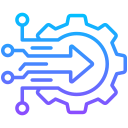AI-Driven Industry Transformations in 2025
Previous
Next
Healthcare Revolutionized by AI
Artificial intelligence has accelerated the shift toward personalized medicine by leveraging vast datasets, patient histories, and genetic information. Machine learning algorithms analyze this information to suggest treatment options tailored to individual patients, improving outcomes and reducing adverse reactions. Doctors now have the ability to predict patient responses to treatments with greater accuracy, leading to faster recoveries and fewer complications. As a result, healthcare has moved away from a one-size-fits-all approach, with AI serving as a pivotal tool for individualized care.
Smart Factory Automation
AI-driven automation is the defining feature of the modern factory floor. Collaborative robots, guided by machine learning, adapt immediately to shifts in production demands, autonomously manage complex assembly tasks, and work safely alongside human operators. Continuous learning algorithms identify bottlenecks and suggest improvements, creating environments of perpetual optimization and minimal downtime. This synergy allows factories to respond instantly to changing market conditions and customize production as needed.
Predictive Maintenance Systems
AI has redefined equipment maintenance in manufacturing by shifting it from reactive repairs to predictive interventions. Advanced sensor networks and AI algorithms continuously monitor machine health, forecasting failures before they occur. These predictive capabilities extend equipment lifespans, reduce unplanned downtime, and ensure uninterrupted operations. Manufacturers benefit not only from cost savings but also from more reliable and consistent production, ensuring on-time delivery and customer satisfaction.
Quality Control and Assurance
Vision systems powered by artificial intelligence scrutinize products in real time, identifying defects and deviations with unmatched accuracy. Machine learning models are trained to recognize subtle inconsistencies invisible to the human eye, thereby reducing waste and enhancing product reliability. Automated quality assurance holds manufacturers to higher standards while speeding up inspection processes and minimizing human error, allowing companies to remain competitive in fast-paced markets.

AI-driven robo-advisors are transforming wealth management by providing personalized investment strategies and portfolio recommendations to clients of all backgrounds. These platforms continuously analyze market trends, risk factors, and individual goals to optimize asset allocation and maximize returns. Investors benefit from tailored guidance without the high fees of traditional advisory services, democratizing access to sophisticated financial planning.
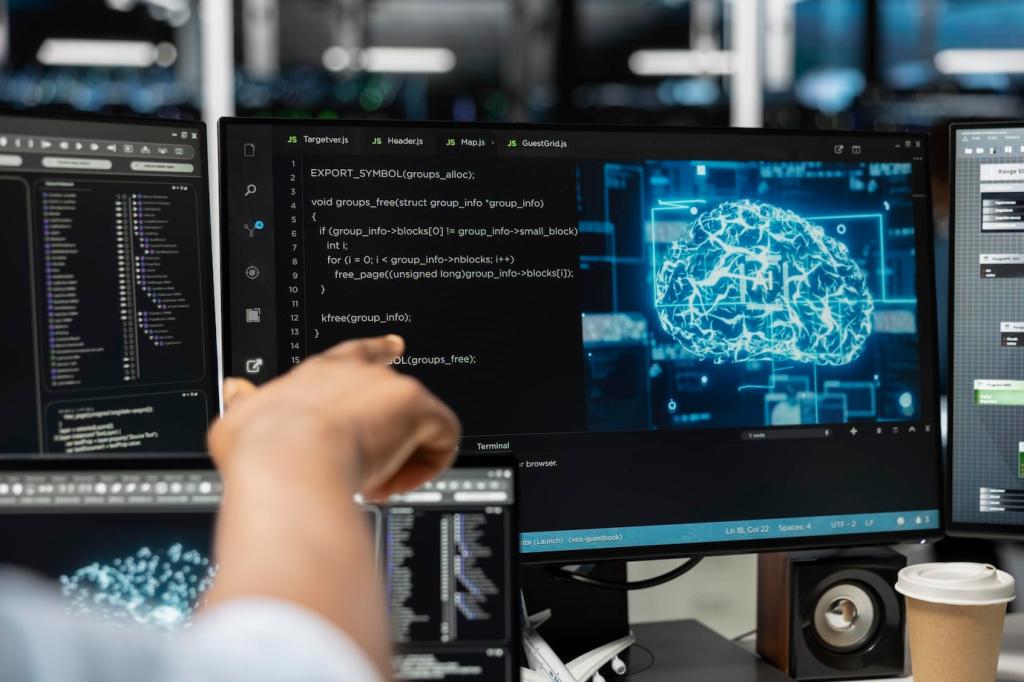
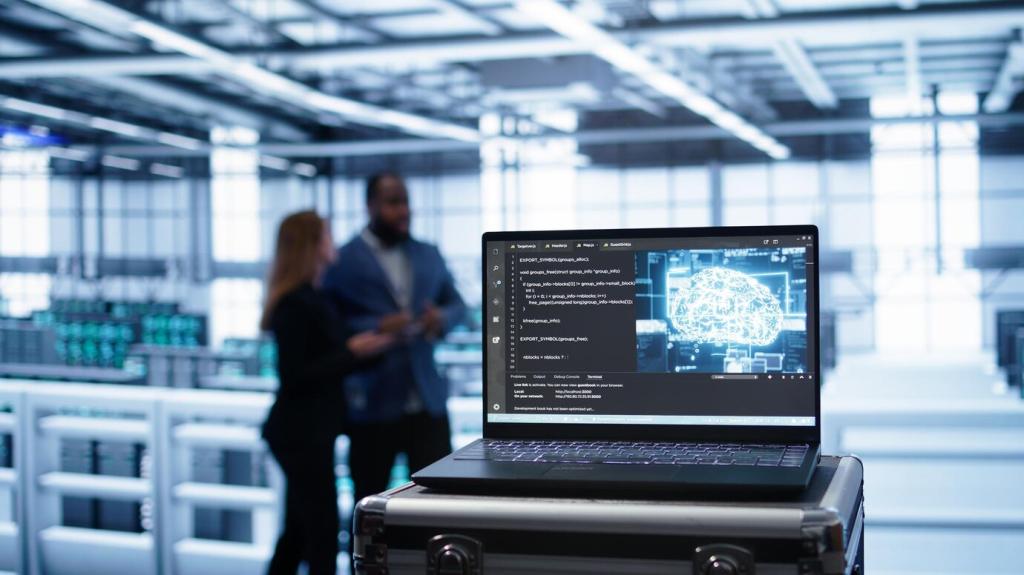
Autonomous Vehicles Take the Lead
The widespread deployment of AI-powered autonomous vehicles is unveiling a new era in mobility. Self-driving cars, trucks, and public transit systems navigate complex traffic environments, follow optimal routes, and adapt dynamically to road conditions. This evolution in automotive technology reduces accidents caused by human error, improves traffic flow, and provides greater access to safe and reliable transportation, particularly in urban environments.
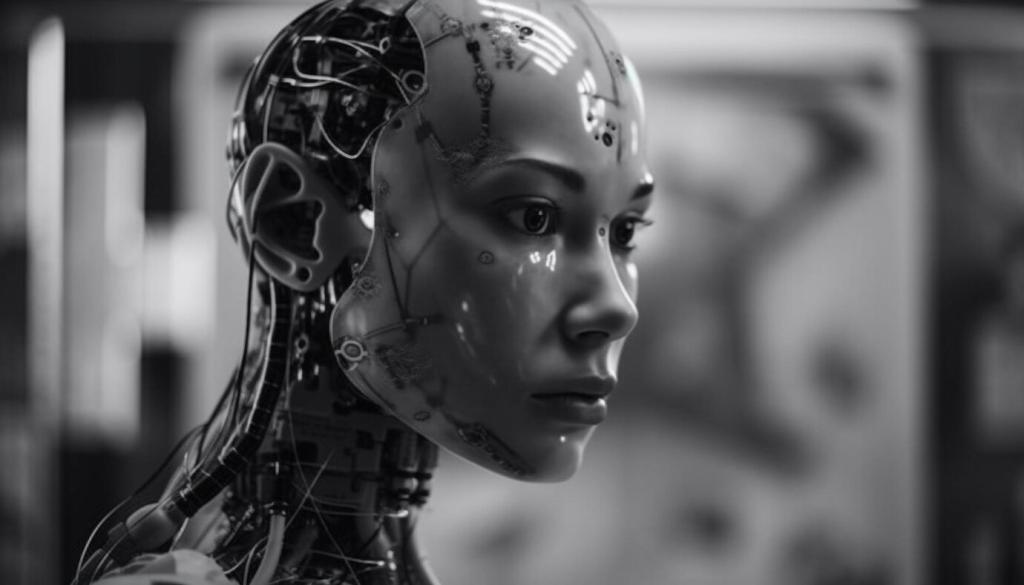
Smart Traffic Management
AI-driven traffic management systems analyze vast data streams from sensors, cameras, and connected vehicles to optimize the flow of people and goods through cities. Algorithms synchronize traffic lights, manage congestion in real time, and recommend alternate routes to drivers. The result is a smoother commute, reduced carbon emissions, and more livable urban areas. Transportation planners rely on AI analytics to create responsive and resilient city infrastructures.
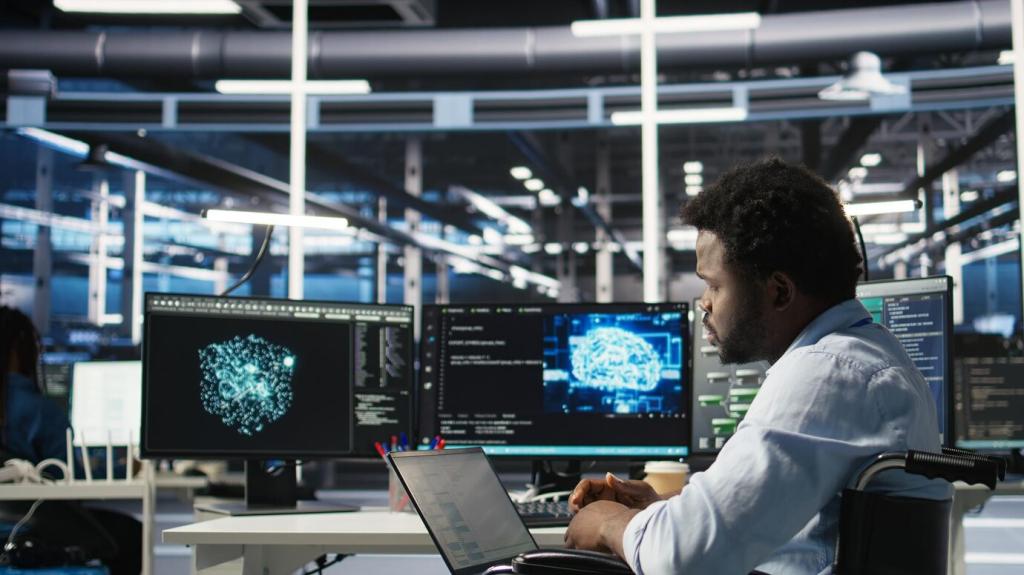
On-Demand Mobility Services
Ride-hailing, shared mobility, and delivery services are rapidly scaling through AI technologies that match supply with demand, predict rider patterns, and optimize routes down to the minute. These platforms provide users with convenient and affordable travel options, supported by seamless payment and customer service experiences. AI orchestrates the dynamic allocation of resources, enabling flexible, efficient, and environmentally conscious mobility for everyone.
Energy and Sustainability Enhanced by AI
With AI at the helm, power grids are becoming smarter and more responsive. Machine learning algorithms balance supply and demand in real time, minimize energy losses, and integrate decentralized renewable sources. Predictive capabilities identify possible disruptions before they escalate, ensuring a stable and reliable energy supply. These intelligent grids are key to accommodating the growing complexity of modern energy systems.

Education Empowered by Artificial Intelligence
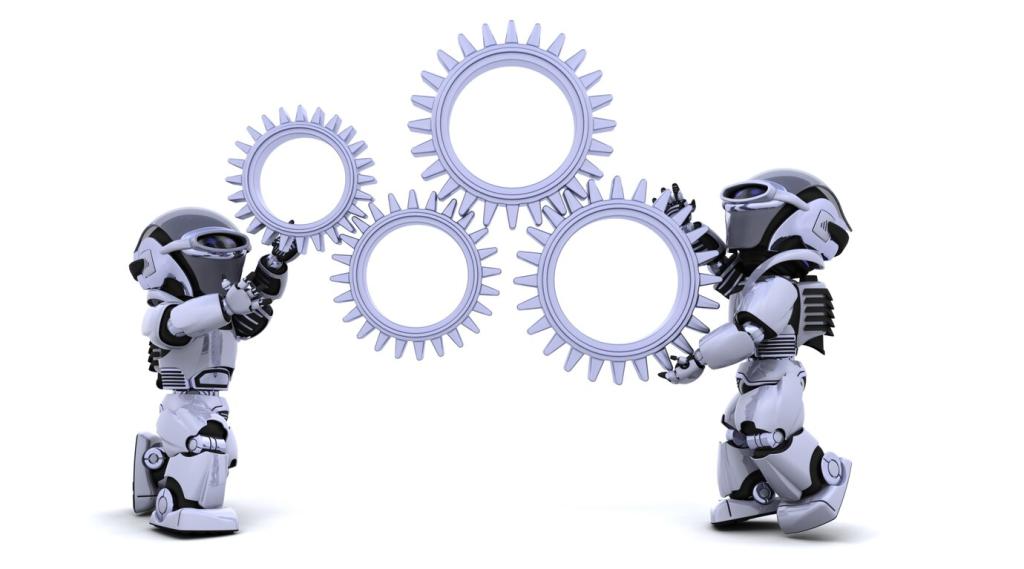
Through intelligent learning management systems, AI analyzes student performance, preferences, and progress to craft individualized learning journeys. Adaptive content, targeted resources, and tailored assessments ensure that every learner receives instruction at the ideal pace and difficulty. This approach promotes stronger engagement, deeper understanding, and higher rates of academic success, regardless of background or learning style.
